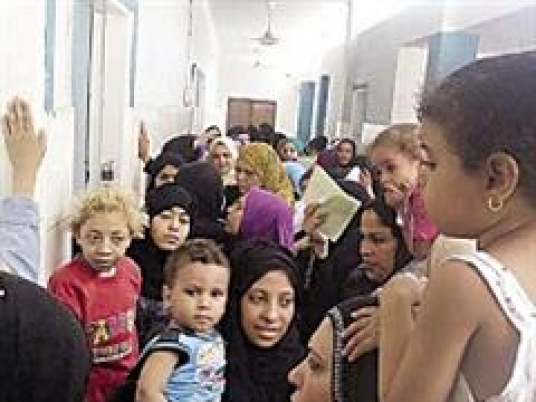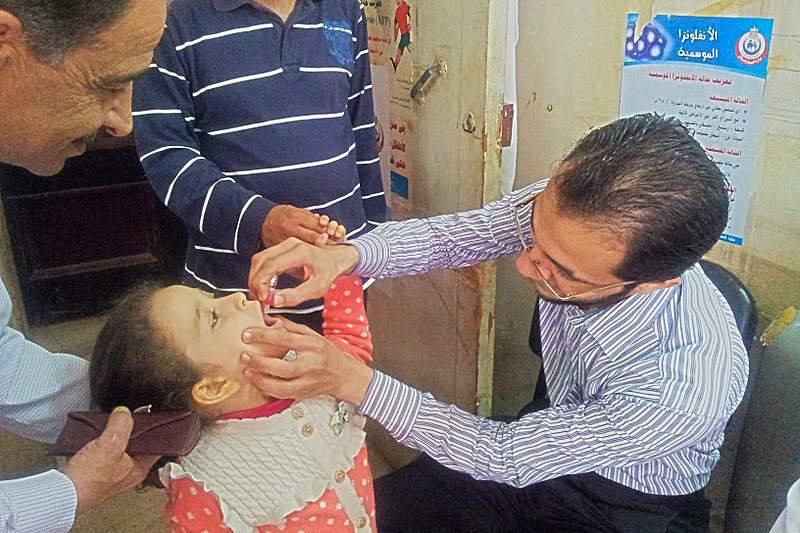
Seventy-four trade unions and political parties voiced opposition Monday to a draft law on health insurance prepared by the Health Ministry, arguing that the draft fails to ensure social justice and turns medicine into a “sheer business”.
“The Health Ministry announced years ago it was working on a new health insurance law, but the new draft needs more changes,” Doctors' Syndicate head Hussein Khairy said during a conference held at the syndicate's headquarter. “Doctors are entitled to fair insurance, and quality medical service ought to be provided at all hospitals,” he stated.
According to the State Information System website, the health system in Egypt incorporates both the public and private sectors of the health insurance market.
Approximately 50 percent of the population is covered by basic government health insurance, a further 30 percent are enrolled in private health insurance plans and 20 percent of Egyptians have no health insurance.
The current draft is designed to provide the service to low-income citizens with a whole family, rather than an individual, as recipient. But it has been met with criticism, largely for failing to identify which hospitals should be enrolled in the service. The lack of a proper strategy to assess what services will be provided to citizens has also been met with dissaproval.
Eihab al-Taher, the syndicate’s general secretary, said medical unions have unanimously rejected the draft. “The law increases subscription fees, thus taking burdens away from the state and adding them to citizens,” said al-Taher. He said the fact that clauses in the draft refer to insurance as “optional” while others stipulate it as “obligatory” reflects “precipitousness” in applying the document.
“We want a good service, not death beds for citizens,” said deputy syndicate chief Mona Mina. “The health ministry should be committed to upgrade hospitals in order to ensure an inclusive health insurance,” she added, stressing that citizens with an income less than the minimum wage should also be covered, and not only those who receive monthly “social solidarity” pensions as the draft stipulates.
Al-Badri Farhgali, a former MP and a prominent activist in pensions and insurance-related issues, threatened to protest in Downtown Cairo against the new draft. “I and other pensioners will protest in Talaat Harb Square,” he said, labelling the law as “(a stab) in people’s backs.”
Shafiq al-Hakim, head of the dentists’ sub-syndicate, said Egypt’s whole health system is “poorly managed”. He added that the constitution ensures the right of disadvantaged citizens to treatment, which, he says, comes against “below-standard hospitals” and “poor medical service”.
Abdel Galil Mostafa, a former leader of the opposition group Kefaya, said the draft introduces health services as a kind of “business”, which, he said, makes the draft at odds with social justice.
Edited translation from Al-Masry Al-Youm




